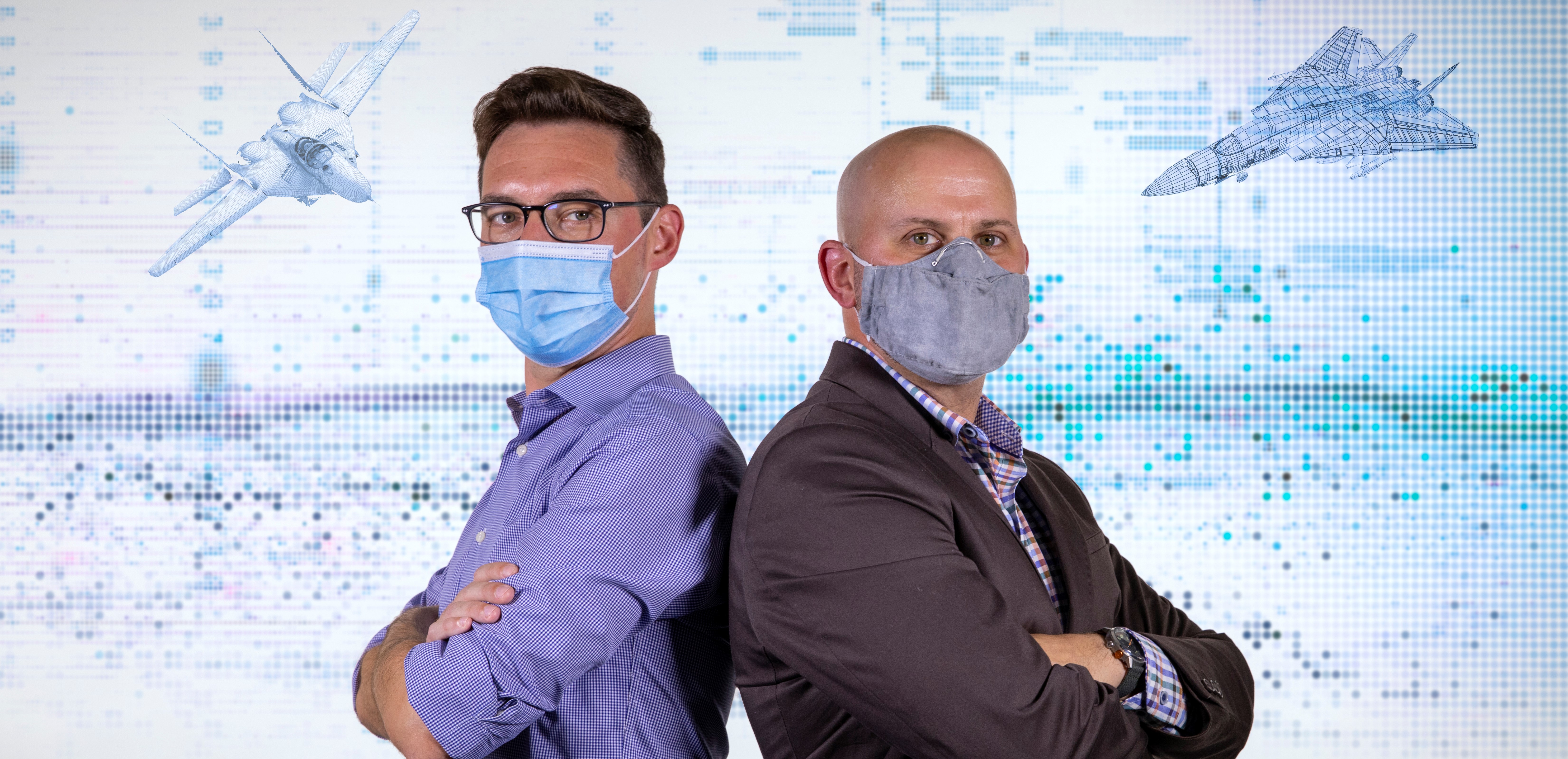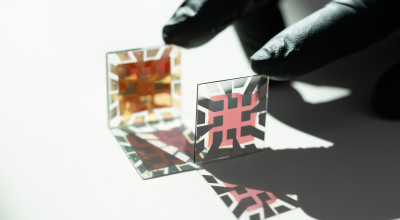
Artificial intelligence and machine learning have taken the world by storm, controlling everything from self-driving cars and smart speakers to autonomous weapon-enabled drones. But as these technologies become more advanced, so do their potential security threats.
That is why Chris Roberts, a principal research engineer at the Georgia Tech Research Institute (GTRI), Brendan Saltaformaggio, an assistant professor in the School of Cybersecurity and Privacy and the School of Electrical and Computer Engineering at Georgia Institute of Technology (Georgia Tech), and others have joined forces under GTRI's Graduate Student Fellowship Program to research and develop a new branch of cyber forensics called AI Psychiatry that seeks to keep data more secure in a constantly evolving technological landscape.
Saltaformaggio said his idea for AI Psychiatry stemmed from over a decade of researching and building cutting-edge cyber forensics techniques, including protecting against traditional cyberattacks to recovering digital evidence from devices at a crime scene. As AI and machine learning become more popular, Saltaformaggio said AI Psychiatry will play a key role in protecting the nation from rising security risks.
"You almost can't go anywhere now without some involvement from machine learning and artificial intelligence," Saltaformaggio said. "We knew it was only a matter of time before these things started being targeted in the real world."
Providing the example of a self-driving car, GTRI's Roberts said that if the vehicle takes a wrong turn or speeds up unexpectedly, investigators could use AI Psychiatry to determine whether the accident was due to a cyberattack or errors in training the AI system. If the accident was caused by a cyberattack, the new forensic capability could help experts patch the vulnerability without losing any of the model's existing training.
AI and machine learning models require several rounds of energy- and time-intensive training to become more adept at handling new and existing tasks.
"You save all that knowledge and can just fix the little problem as opposed to, 'OK, now we need to go back to square one and re-look at this model, retrain this model and redeploy it to the field,'" Roberts said.
The need for AI Psychiatry extends well beyond self-driving cars.
In national security, military experts have been rapidly adopting next-generation technologies to speed up training and decision-making processes – from creating more advanced image classification techniques to developing autonomous weapon-enabled drones.
"When there is a failure – let's say a drone crashes – you have to have these forensic techniques to be able to understand why it crashed and what was involved," Saltaformaggio explained. "'Was this an act of war? Was this an attack by another government? Or was this just an accident that no one saw coming?'"
But developing AI Psychiatry does not come without challenges.
Roberts noted that since much of these new forensic capabilities do not exist today, it is up to the team to forge a new path forward in the budding field.
"We’re trying to think about what’s going to be the problem 10 years from now, 20 years from now, when machines are effectively making decisions in the battlefield," Roberts said.
That is why a cross-partnership between GTRI and Georgia Tech is so crucial.
"A relationship with campus and GTRI is just so valuable; we complement each other really well," Roberts added.
Other participating members in the AI Psychiatry research project are Noah Tobin, a GTRI senior research associate, and David Oygenblik, a graduate research assistant in the School of Electrical and Computer Engineering.
Tobin said that he expects the research to have a direct impact on protecting national security as advancements in technology give way to newer security threats.
"We are moving into a future where AI is going to become more and more ubiquitous," Tobin said. "We really need a lot of work to understand what the vulnerabilities of that are from a security posture."
Serving national security represents the majority of GTRI's work and remains our primary growth engine. As part of GTRI's new Strategic Plan, we seek to expand GTRI's relationship with the intelligence community through enhancing our knowledge of emerging threats and expanding our national thought leadership impact through presence, participation, and partnership with our sponsors.
The GTRI Graduate Student Fellowship Program is a competitive program for Georgia Tech graduate students working in GTRI strategic research areas. Academic faculty and GTRI researchers worked together to create proposals that are closely aligned with GTRI's strategic initiatives, and graduate students are able to work on these research projects with fully-funded fellowships for five years.

Georgia Tech Research Institute (GTRI) is the nonprofit, applied research division of the Georgia Institute of Technology (Georgia Tech). Founded in 1934 as the Engineering Experiment Station, GTRI has grown to more than 2,800 employees supporting eight laboratories in over 20 locations around the country and performs more than $700 million of problem-solving research annually for government and industry. GTRI's renowned researchers combine science, engineering, economics, policy, and technical expertise to solve complex problems for the U.S. federal government, state, and industry. Learn more at https://www.gtri.gatech.edu/ and follow us on LinkedIn, Twitter, Facebook, and Instagram.
Writer: Anna Akins
Photographer: Sean McNeil
Photo Illustration: Melanie Goux



